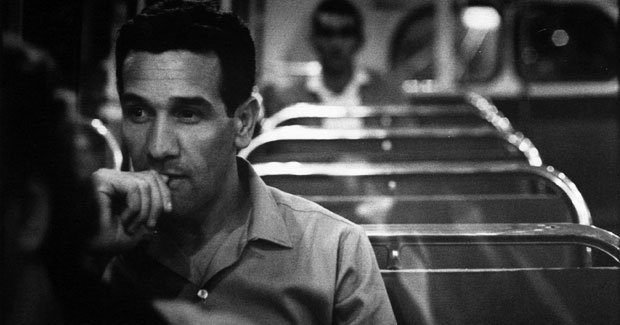Rapid bus transit could treat traffic trauma for commuters
New research into efficient and sustainable models for public transport has been undertaken by scientists at the University of Sydney, hopefully leading to a world without traffic jams.
Many Australian workers’ top complaints include delays, stresses and struggles in just trying to get to work or get home. It stands to reason that a smoother, more relaxed commute would provoke an overall de-stressing of workforces, leading to happier lives, workplaces and possibly improved productivity.
Researchers David Hensher and Corinne Mulley at the University's Institute of Transport and Logistics Studies collaborated as part of the network Across Latitudes and Cultures - Bus Rapid Transit (ALC-BRT), in conjunction with partners from Chile, Portugal, Brazil and America. Each country has its own unique transport problems but one remains the same – too many people in too many cars are making traffic too slow.
The teams have taken a long look at bus rapid transit (BRT) - a system of enhanced bus services that combines dedicated bus lanes with stations. Claiming faster delivery and greater network coverage than rail-based transport for the equivalent financial outlay, BRT reportedly offers a sustainable solution to public transport, especially in developing countries.
Professor Mulley says: "In the lead-up to the Olympic Games in Brazil, new BRT infrastructure has been hugely successful as it offers more reach and coverage than rail-based transport... with Australia's comparatively low-density territory and high rates of car use, we don't get to see BRT at its best. However, BRT forms the backbone of public transport routes in places like Sydney's M2 corridor and in Brisbane, where there is more than one bus every two minutes. The success of BRT means that we could possibly implement better public transport in areas like Sydney's northern beaches."









 Print
Print